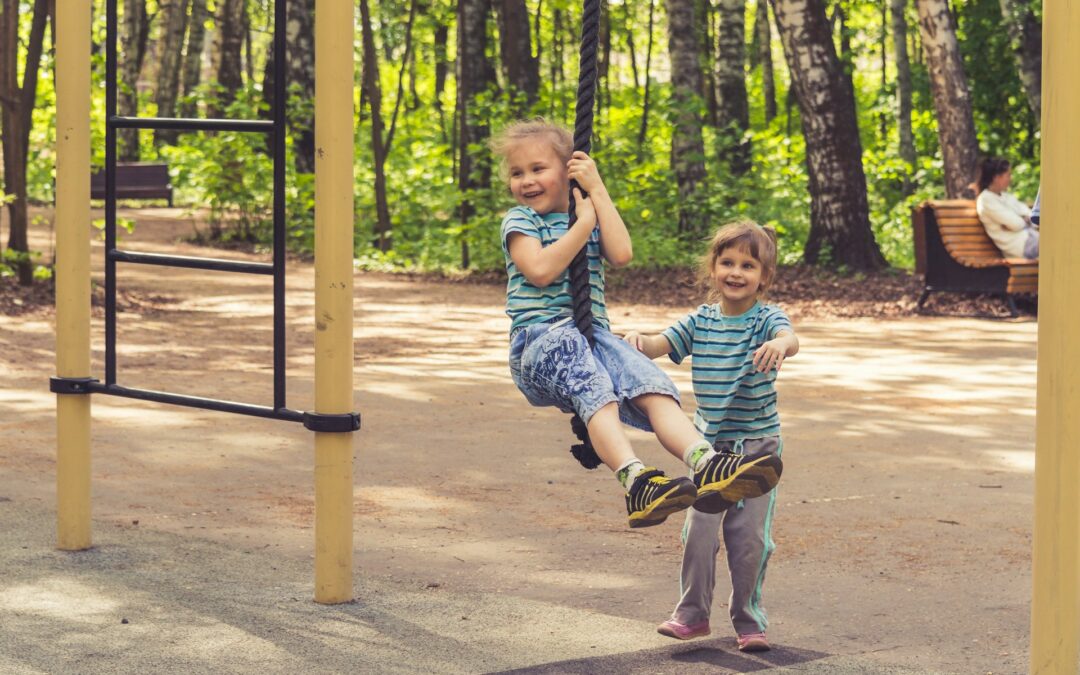Outdoor physical education plays a crucial role in the holistic development and well-being of children, offering unique experiences and opportunities for growth that may not be available in typical indoor settings.
Outdoor physical education offers children the chance to engage in physical activities within natural settings, promoting overall health and development across various domains such as physical, cognitive, social, and emotional.
Outdoor physical education fosters essential life skills such as resilience, adaptability, and problem-solving through exposure to natural challenges and environmental changes. Moreover, involvement in outdoor sports and activities encourages social interaction and collaboration, promoting the development of communication skills and team-building capacities. Lastly, engaging in physical activities amidst green spaces contributes to improved mental health, reducing stress and anxiety levels while enhancing focus and concentration.
In this article, we will delve into the impact of outdoor physical education on children’s health and development, providing valuable insights into how Sprint Active Education utilises nature to empower children’s growth. Join us as we navigate through the myriad of benefits that outdoor activities offer and how you can help unlock the potential of physical education in a natural environment for every child.
Optimising Physical Health and Motor Skills
Outdoor physical education provides a range of opportunities for children to enhance their physical health, develop motor skills, and engage in diverse forms of physical activity. Through outdoor sports and adventures, children can build strength, endurance, balance, and coordination, leading to improved physical fitness and motor proficiency. Consider the following benefits:
– Expansive open spaces grant children more freedom to move, encouraging them to explore various forms of locomotion and engage in vigorous physical activities.
– Natural terrain, such as hills, uneven surfaces, and soft ground, can challenge children’s balance and coordination, strengthening their motor skills and agility.
– A wide range of outdoor sports, such as football, rugby, and athletics, contribute to the development of various physical abilities, helping children reach their full athletic potential.
Enhancing Cognitive Development and Creativity
Interacting with nature stimulates children’s cognitive development, as it offers unique sensory experiences and opportunities for exploration and discovery. Outdoor environments spark curiosity and creativity and provide an ideal setting for children to develop problem-solving and critical thinking skills. Some key aspects of cognitive development fostered through outdoor physical education include:
– Connection to nature can promote ecological awareness, helping children understand the importance of preserving natural resources and fostering environmental responsibility.
– Children learn to adapt to the unpredictable nature of outdoor environments, thereby enhancing their problem-solving skills and adaptability.
– Outdoor play encourages imagination and creativity, empowering children to think outside the box and create their own games or activities.
Promoting Social Interaction and Collaboration
Outdoor physical activities and sports create rich opportunities for social interaction and collaboration, as they often involve teamwork, communication, and shared goals. Children can develop essential social skills and form lasting friendships through participation in group games and outdoor adventures. Outdoor physical education can contribute to improved social development in the following ways:
– Team sports and group activities, such as orienteering or relay races, cultivate communication, leadership, and team-building abilities.
– Participation in outdoor physical education with diverse peer groups promotes respect, tolerance, and empathy among children.
– Shared outdoor experiences foster a sense of belonging and camaraderie, helping children build strong social networks and support systems.
Boosting Mental Health and Emotional Well-being
Research has demonstrated that exposure to nature and green spaces can contribute significantly to children’s mental health and emotional well-being. Outdoor physical education typically encompasses activities in parks, fields, and other natural spaces, offering numerous psychological benefits. The impact of outdoor physical education on mental health and well-being includes:
– Reduced stress and anxiety levels as a result of spending time in nature and engaging in physical activities.
– Enhanced mood and emotional regulation, as physical activity releases endorphins, contributing to improved happiness and relaxation.
– Improved focus and concentration, as outdoor activities provide a stimulating, yet calming environment for children to hone their attention and cognitive abilities.
Final Thoughts
Outdoor physical education holds immense potential for promoting children’s health and development across multiple domains. By embracing the power of nature and providing diverse outdoor experiences, Sprint Active Education ensures that children obtain the numerous benefits associated with this invigorating approach to physical education. Engaging in outdoor sports and activities not only optimises physical health and fitness but also enhances cognitive development, social interaction, and mental well-being.
Discover Sprint Active Education’s range of outdoor physical education programmes, and embark on a journey to unlock the endless possibilities that nature and physical activities offer, enabling every child to grow and flourish.

